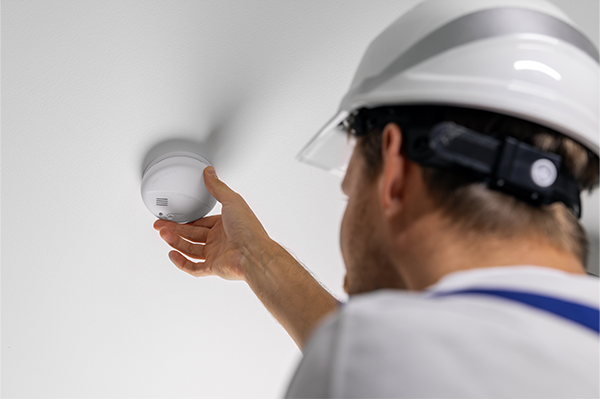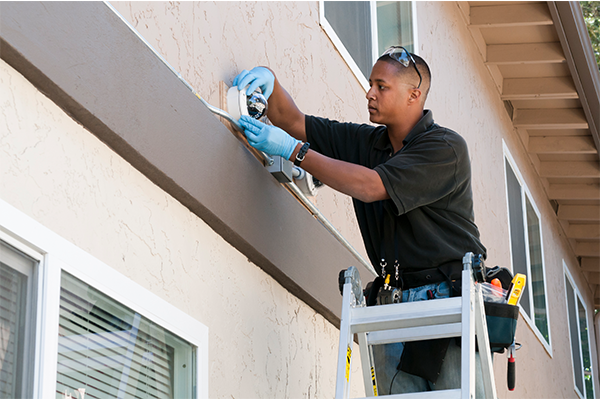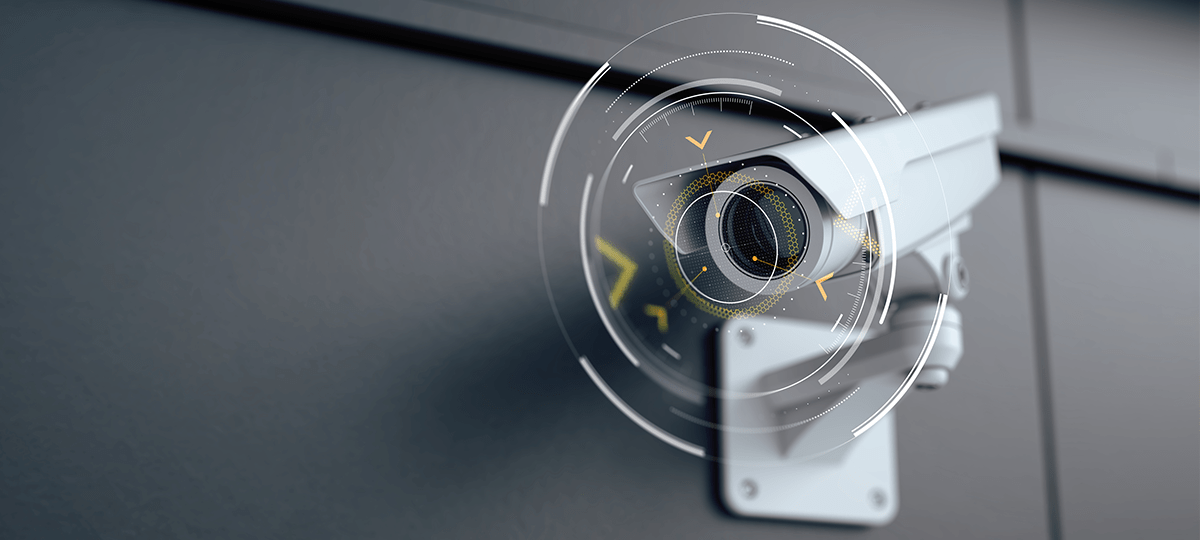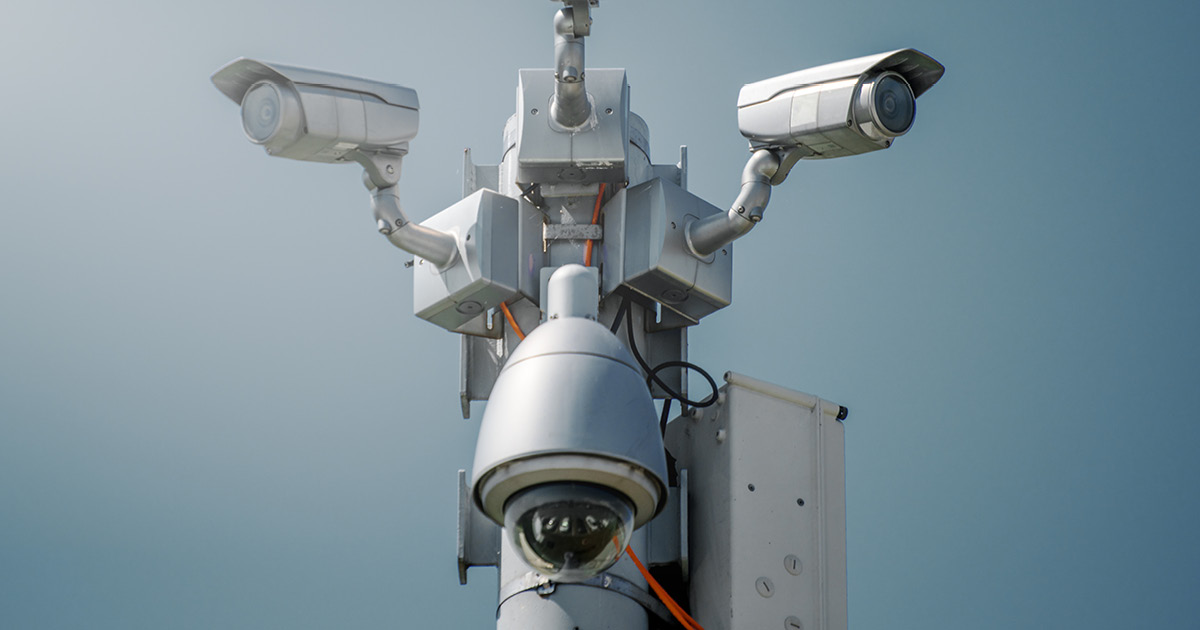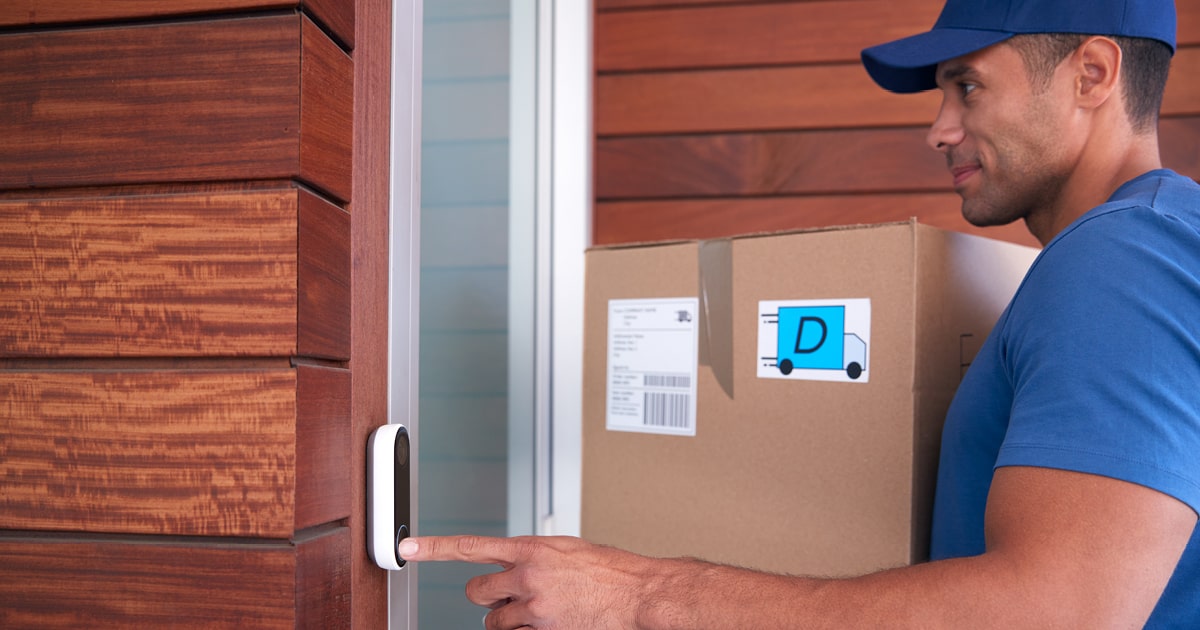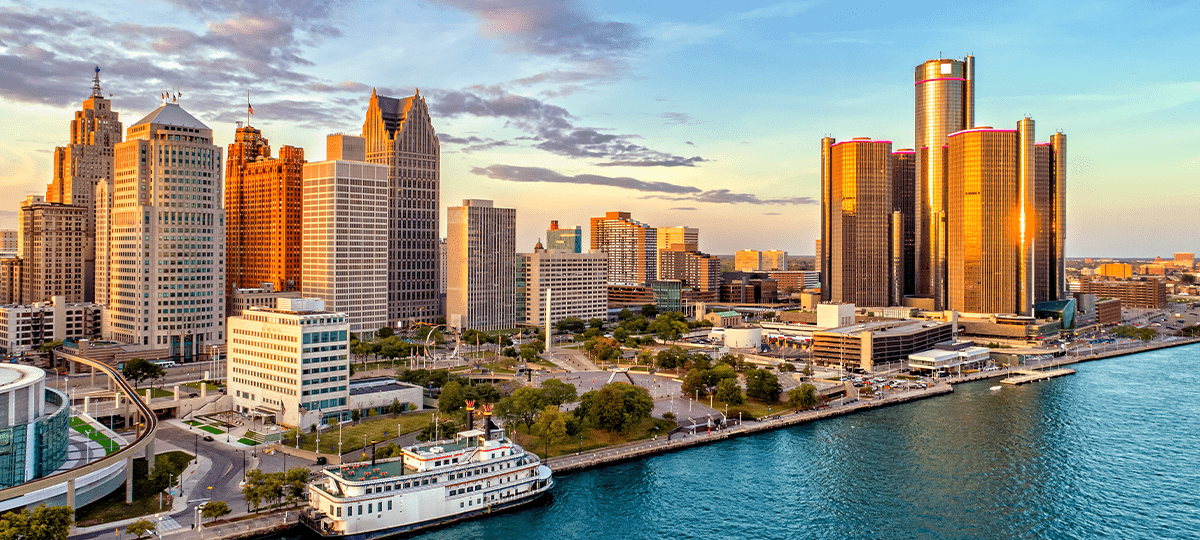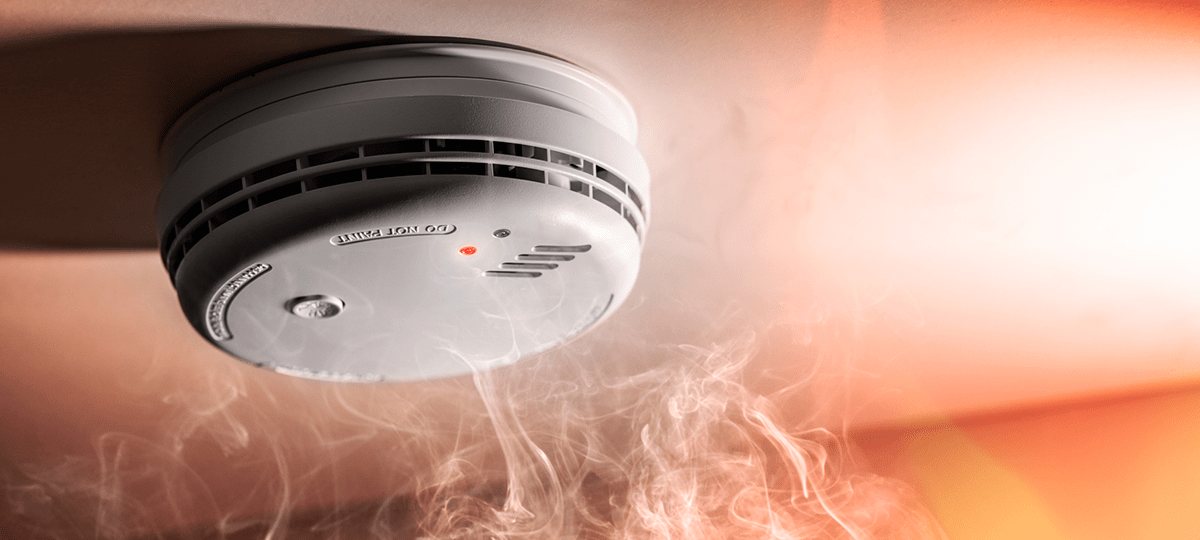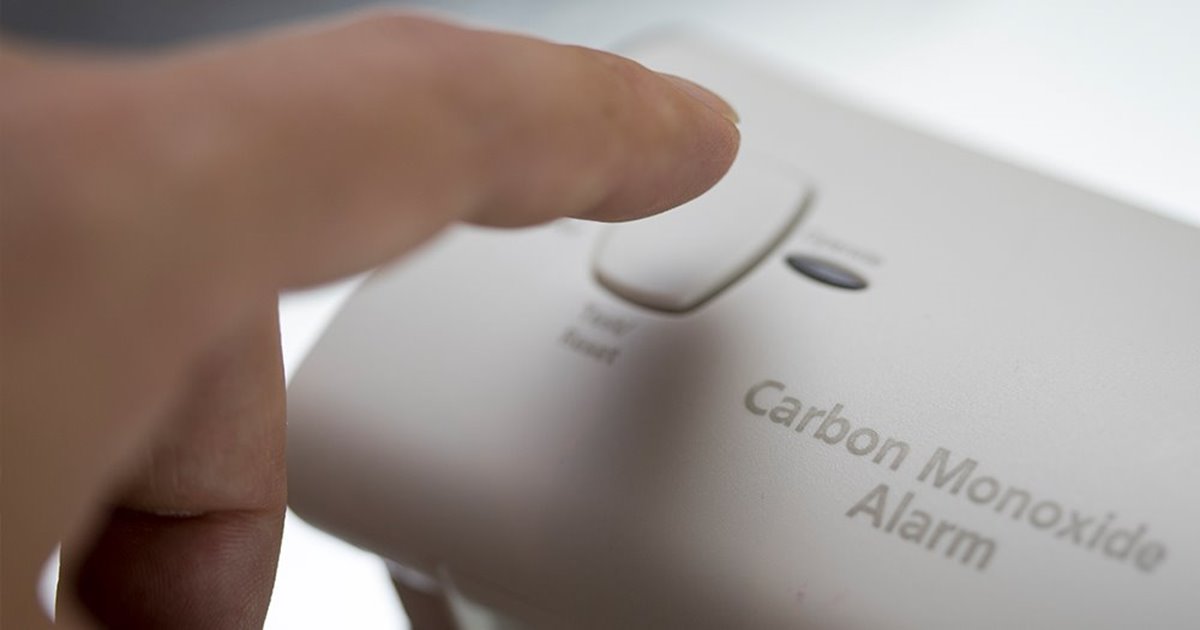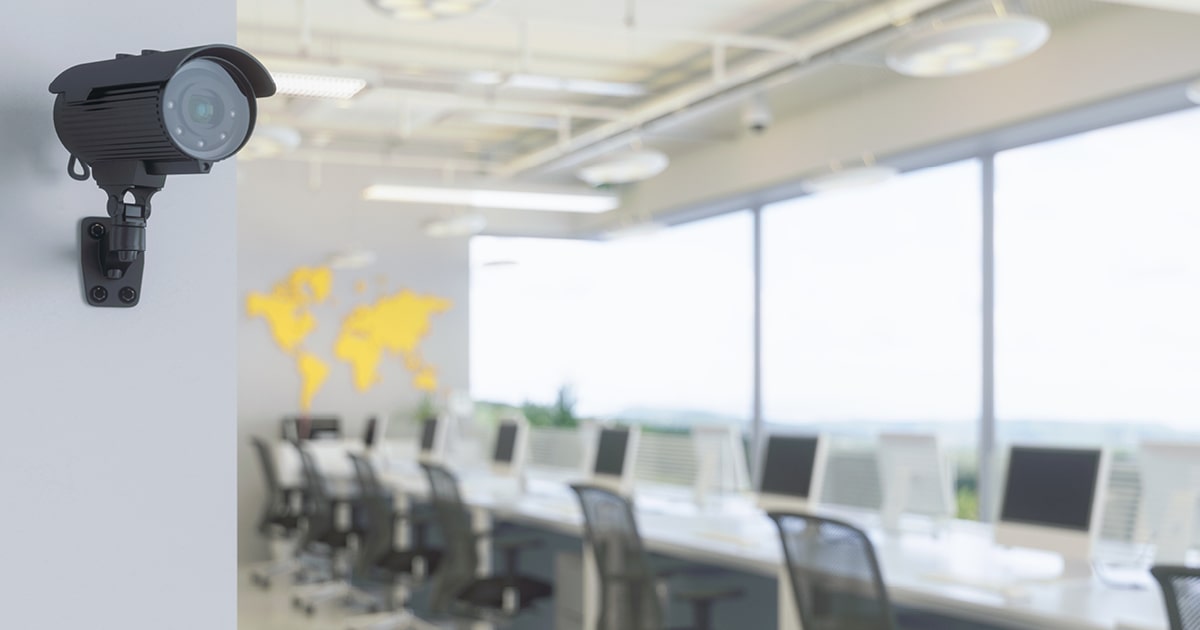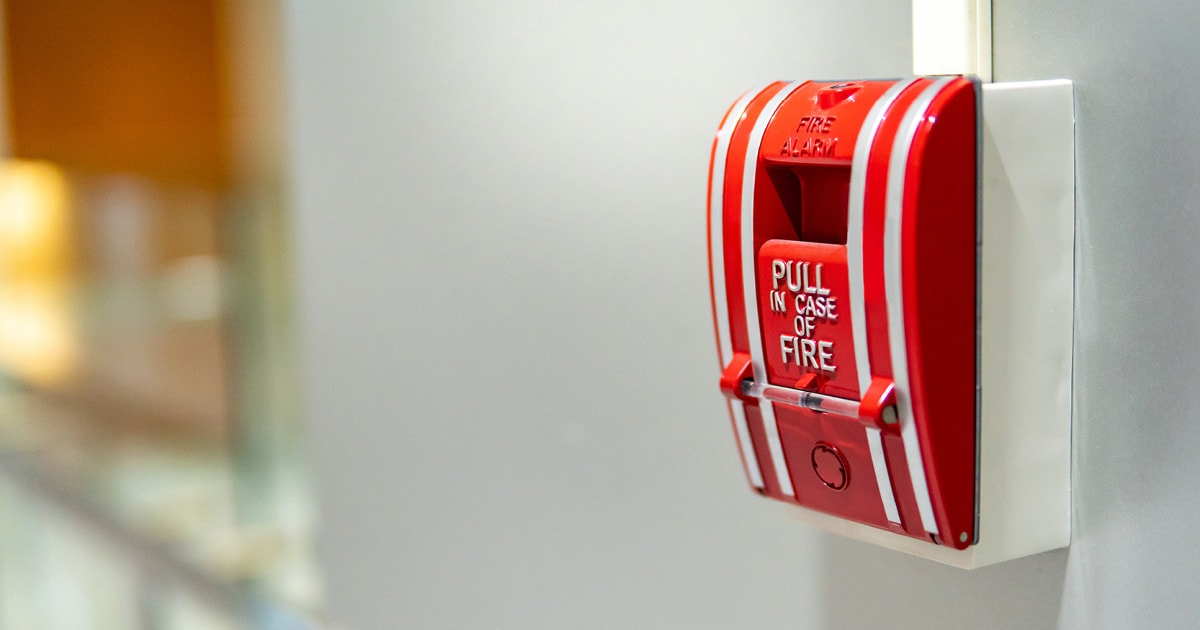Winter Fire and Security System Maintenance Tips
Winter weather often comes with operational headaches and hazards for business owners. Long periods of cold temperatures and snowfall can impact companies in different ways, from reducing foot traffic to extending process timelines. One of the most noticeable impacts is an uptick in fire safety and security device issues, especially if you have yet to start winterizing your equipment. Here are some helpful commercial fire and security system maintenance tips to keep your employees and customers protected during the winter.
How can I winterize my fire safety system?
When temperatures drop, the elements in your fire prevention, protection, and suppression systems likely need special attention and care. In addition to following normal maintenance processes, these three tips can help your commercial fire safety systems perform optimally during the winter.
If a fire breaks out in your business, fire suppression measures are one of the few protections available until first responders arrive. Depending on the type of suppression system you have, water may be crucial to your building’s fire safety. During the winter, your fire sprinklers or pipes could be compromised if temperatures drop below freezing. If you have a water-based sprinkler system, wet or dry, it’s vital to inspect every component and prepare for cold weather.
A helpful way to avoid sprinkler issues is by maintaining a minimum temperature of 40 degrees inside your building. Pay extra attention to any fire sprinkler components that store water or develop condensation. Consider adding insulation or heat trace systems to pipes that are located in areas of your building that don’t retain heat well. If you use antifreeze in your sprinklers during the winter, work with a professional to ensure you use enough.
Snow and ice can quickly accumulate outside your building during the winter, especially if it freezes for long periods. Fire hydrants and emergency exits aren’t always a priority when shoveling snow is on your team’s to-do list, but skipping them can be a critical mistake. If a fire breaks out, first responders may take longer to get into your facility or connect to fire-fighting resources.
A go-to winter commercial fire safety tip is to keep emergency access points clear at all times. Depending on the weather forecast in your area, consider checking exits and hydrants daily to see if they’re blocked and remove any obstructions. Doing so will guarantee that your business, employees, and customers are as prepared as possible for worst-case scenarios.
Smoke detectors are your fire safety system’s first line of defense, and they may need additional inspection and maintenance during the winter. Batteries, including those in smoke and carbon monoxide (CO) detectors, can perform less efficiently in colder temperatures. If your detectors are older, overdue for an inspection, or dependent on battery power alone, the winter can contribute to malfunctions like false alarms or excessive beeping.
While the best practice is to check them on a monthly basis, you should check your smoke detectors more often during colder months. Ensure that batteries are replaced on an annual basis in models that have interchangeable batteries. If your detectors use sealed, long-term batteries and are nearing their expiration, replace them ahead of schedule. Any hardwired detectors should be tested and have fresh backup batteries installed if possible.
How should I winterize my security system?
Deterring burglars from your business should be a year-round practice, and you should significantly increase those efforts during the holiday season. Here are three tips for winterizing your commercial security system to protect against colder weather and potential criminals seeking high-value items.
Outdoor security cameras, motion detectors, and access control systems play an integral role in ensuring that only authorized personnel and customers can get in during business hours. With so many components working together to protect your business, it can be easy to forget to check certain parts during routine inspections. Combined with colder temperatures, technical malfunctions and potential vulnerabilities could slip through the cracks.
As part of your winterization efforts, every sensor, access point, CCTV camera, and other piece of security equipment should be assessed and tested. Ensure anything exposed to the outdoors has the proper weather resistance ratings and is securely installed. Cameras and sensors should be pointed downward to avoid blockages from rain, ice, or snow. If they need to be pointed upward, consider repositioning them in a covered area.
Security systems are typically intended to prevent theft and other forms of criminal activity, but they often face digital vulnerabilities. Technology in any form has inherent weaknesses, from everyday issues like experiencing reduced internet speeds to more severe concerns like having your security system hacked. Your company’s system could be more prone to problems and threats if the software is outdated or missing critical security updates.
While it should be done at least weekly throughout the year, ensure you check for and install software updates for each part of your security system. Even if your CCTV and access control systems are integrated, checking each part for missed updates is essential. By ensuring software updates are installed soon after they’re released, you’re better protecting your systems against heightened threats during the holiday season.
Your company’s cameras and sensors are vital to maintaining your business’s security, but that’s only the case when they’re working correctly. Snow and ice can accumulate and block camera lenses and detection sensors, rendering at least parts of your security system obsolete. If they’re not cleared regularly, excess build-ups can leave your business defenseless and sometimes damage your devices.
Even if your CCTV footage appears clear, you should routinely clean any lenses and sensors that are exposed to harsher elements. Keeping the outdoor parts of your security system unobstructed can be a hassle, but it’s better to be overly cautious and keep your business as protected as possible. If these devices continue to be obstructed after a snowstorm, consider moving them to a covered location or adding some form of weather protection.
FSS Technologies can help your business prepare
These winter maintenance best practices for fire safety and security systems are practically the tip of the iceberg, and handling these tasks on your own can be challenging on top of running your business. When you need a team of experts on your side, the service technicians at FSS Technologies are here to help. Our staff provides top-notch services for fire safety, security, and monitoring services that help businesses of all sizes and industries focus on their employees and customers. Contact us today to learn how we can assist you year-round.
